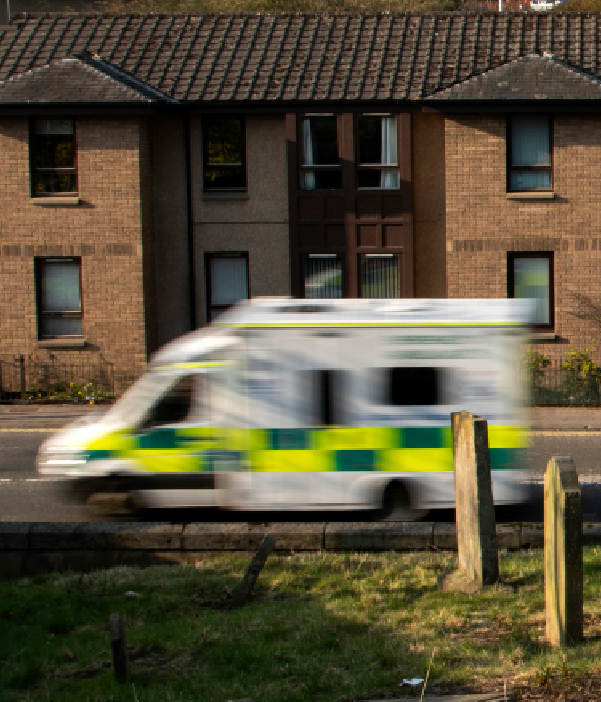Professor Matteo Richiardi will be part of a new network established to bring together researchers from across the United Kingdom to boost research into sustainable and equitable population health improvement.
UKRI has established Population Health Improvement UK (PHI-UK) with a £35 million investment over four years, bringing together expertise and insight from across research, public health and community organisations. ISER’s Centre for Microsimulation and Policy Analysis, led by Professor Matteo Richiardi, will be part of this exciting new national research network.
Its aim is to find innovative and inclusive ways to improve the health of people, places and communities and reduce health inequalities through the development and evaluation of long-lasting and environmentally sustainable interventions.
Priority research areas include creating healthy urban spaces, supporting mental health and wellbeing, understanding and addressing the negative health effects of commercial products and practices, and enhancing our modelling capabilities to address urgent policy and economic challenges.
Improving healthy life
The health of populations is influenced by a complex interplay of individual, community, economic and societal factors. And despite the many gains of healthcare in recent years, challenges of physical and mental health persist, with large differences in life expectancy and, for many people, years of life spent in ill health.
As well as the personal costs, these health challenges undermine economic prosperity and threaten unsustainable pressure on our health services – underlining the need to act to create places and communities that can protect and sustain healthy lives for decades to come.
Creative and radical approaches
On behalf of UKRI, Professor Patrick Chinnery, Executive Chair of MRC, said:
“This new national research network will deliver a deep understanding of the mechanisms linking diverse risk factors to common diseases, accelerating the development of interventions.
This will improve health and reduce health inequalities through creative and radical approaches.
The £35m investment is a major component of UKRI’s Securing Better Health, Ageing and Wellbeing strategic theme, which targets a priority challenge through a portfolio of related investments which leverage research disciplines across UKRI.”
Prof Nick Wareham, newly appointed Director of the Network said:
“The establishment of PHI-UK is an important step for UKRI as it enables multi-disciplinary research across the UK aimed at improving health and reducing inequalities.
Our intention is to develop PHI-UK as a growing, dynamic and integrated national community of population health researchers, developing new themes and connecting the network to existing strengths in the UK.”
Interconnected research themes
Each of the initial themes within PHI-UK will be addressing separate but complementary challenges. The goal is to create a holistic picture of the various influences on health and wellbeing, in order to develop and evaluate innovative and impactful interventions at the population level. PHI-UK will pursue a systems approach to health improvement – one that considers all the interacting parts of how the complex modern world affects our health, is driven by data and evidence, and has an inclusive approach to incorporating different perspectives from across society.
Professor Matteo Richiardi at ISER will collaborate with colleagues from the Universities of Glasgow, Strathclyde, Leeds, Sheffield, and Birmingham alongside teams at Greater Manchester Combined Authority, West Midlands Combined Authority and Glasgow City Region, Public Health Scotland, and other local and national government departments and agencies, charities and citizens’ groups on the research theme looking at how policymakers tackle, or fail to tackle, the UK’s urgent economic challenges – such as economic policies in response to the climate emergency, population aging, or technological revolution – will either worsen or improve health inequalities.
This theme will develop computer models to show how tax, welfare, pensions and inheritance policies might affect health inequality outcomes to help policymakers understand their impacts on people in their area. Through citizen, policy and advocacy engagement it will incorporate wide-ranging insights into these models to make sure they answer the most pressing questions, inform real world decisions, and are relevant and inclusive across different groups in society.
Professor Matteo Richiardi said: “We are absolutely delighted to work with our expert colleagues, from universities across the UK, on this important new network which aims to improve the health of people, places and communities and reduce health inequalities through the development and evaluation of long-lasting and environmentally sustainable interventions.”
